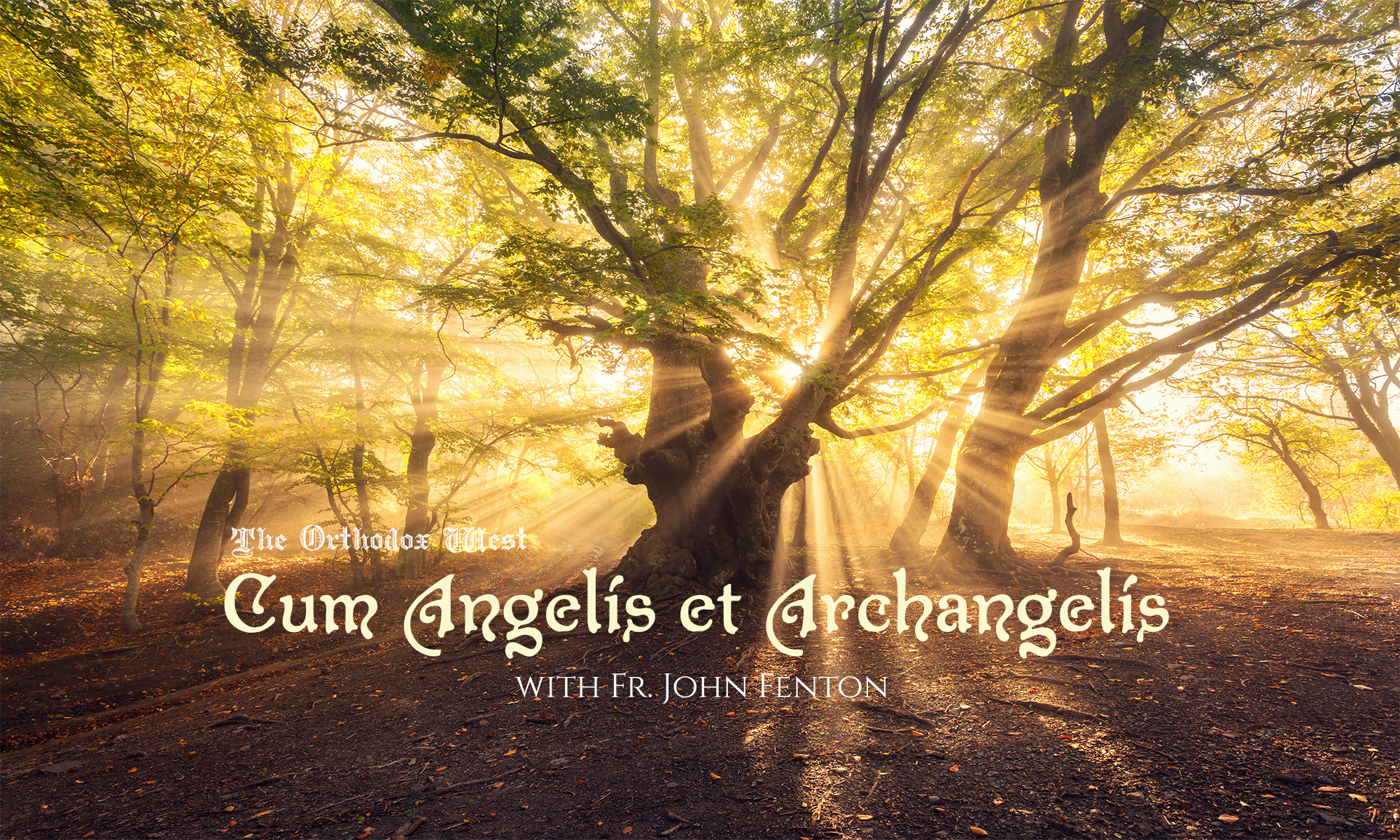For all Orthodox Christians, the Holy Season of Lent begins on the First Sunday in Lent, and the Lenten fast begins a few days prior. For Byzantine Orthodox Christians, the First Day of the Great Fast is on the Monday before the First Sunday in Lent; and for Western Orthodox Christians the Lenten fast begins on the Wednesday before, commonly known as Ash Wednesday.
Continue reading “Orthodox Ash Wednesday”The Best Thing About Christ Mass
To understand what Christmas is really about, let’s imagine that Adam and Eve had never sinned. That nothing bad had ever happened. That no one fell for temptations, and there is no evil. Imagine there are no wars, no disasters, no tragedies, no death.
Advent Encouragement
This time of year is very busy! Most of that busy-ness, however, is because we are chasing after temporal things. It is so easy to get caught up in the various seasonal activities—parties, shopping, gift buying, planning, baking, decorating, year-end reports, decorating the house, and various preparations. For many of us, these consume so much of our time and energy that we have little time to do other things, and we see other pulls on our time as a burden.
The Mass Reveals God
There is a significant difference between knowing about God, and knowing God. Knowing about God means knowing data: facts, mannerisms, characteristics, qualities. For example, we know that God created, that God is merciful, that God became man, that God’s love is seen in the sacrifice of His Son, and that God wants us to live with Him. These are important things to know, but knowing these things does not yet mean we know God. It’s like knowing your spouse’s or friend’s or sibling’s characteristics, but not yet knowing what makes them tick or who they really are.
Honoring the Departed
Honoring our Parents and loved ones means to support them, to help them in time of need and, most importantly, to pray for them. That duty, especially toward our parents, is enjoined upon us by God in the Ten Commandments.
Keeping Distance
When the Lord God designed His temple, it had two rooms: an outer room and an inner room. The outer room was called the “Holy Place.” It had candlesticks, a table for the bread presented to God, and an altar of incense when the sacrifice was offered. The inner room was the heart of the temple. It was a separate room which only one person could enter, once a year. That room was called the “Holy of Holies” or the “Most Holy Place.” It held the Ark of the Covenant, which contained the types of Christ: the Word of God in the Ten Commandments; the Bread from Heaven in the manna; and the symbol of the Virgin Birth in the walking staff that miraculously flowered.
Two Things as One
At our best we tend to divide our life in God into two parts: worshipping God and serving others. For a time, you can worship; and for another time, we can help and serve. But we can’t do both; and we can’t specialize in both, because they are two very different things.
Not Ours, But For Us
During the Mass, we say (or sing) together these words: “Who for us men and for our salvation, came down from heaven.” Those words are, of course, from the Nicene Creed—the statement that summarizes the basics of the Orthodox Faith.
The Bishop Presents Christ
What an honor it iswhenever a Bishop visits his parish. For the Bishop is the living icon of Jesus Christ the high priest. As such, he re-presents Christ; that is, the Bishop repeatedly makes Christ present.
The Mass Attracts
Consider this question: how did the church grow so quickly in the earliest days? Without a doubt, 3000 people were attracted by the miracle of tongues when St Peter and the other apostles spoke outside the temple on Pentecost, 50 days after Jesus’ resurrection. And while preaching on the streets continued, it wasn’t street preaching that produced the steady commitment and the sustained spiritual growth of those 3000 and the church-family that they formed.
